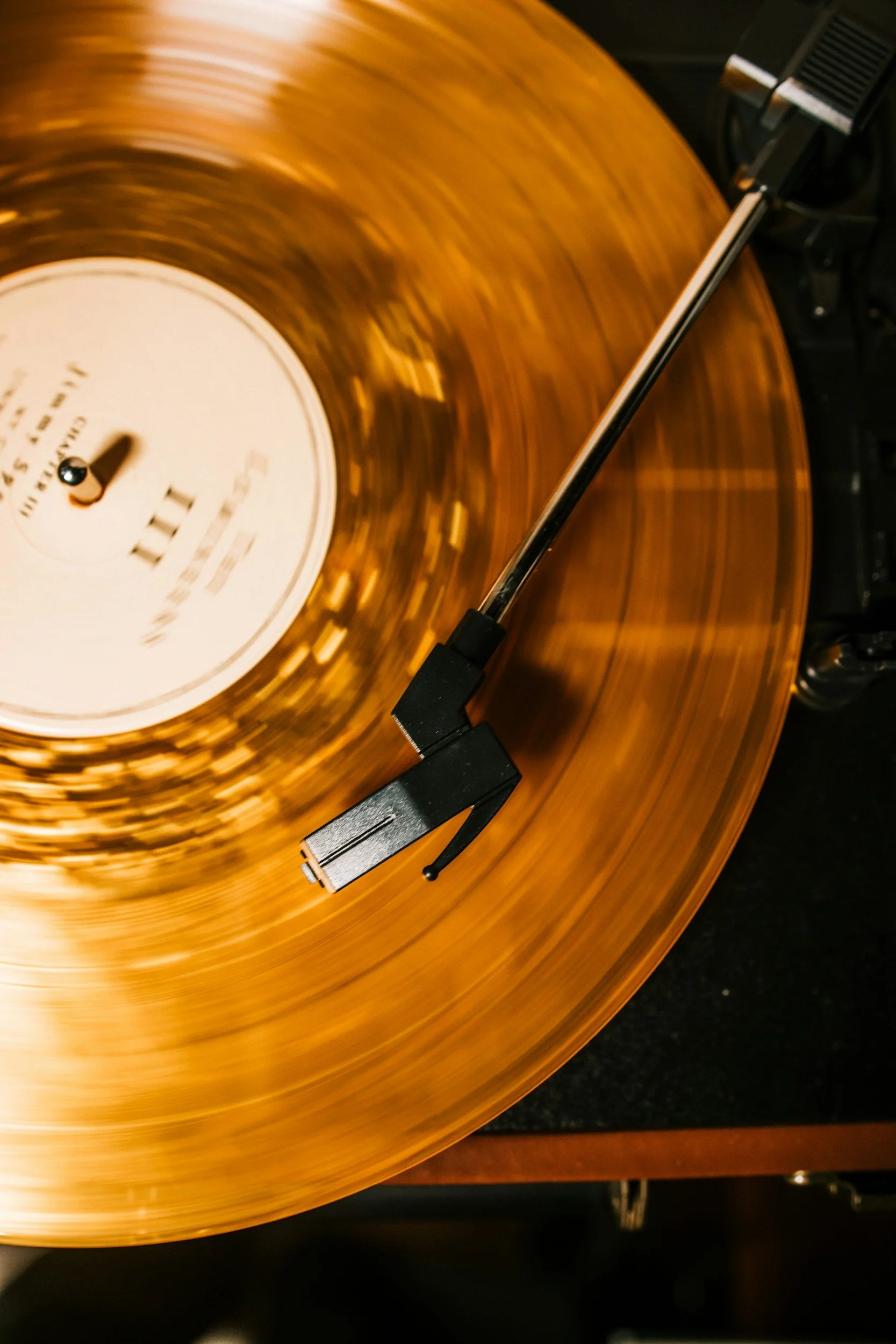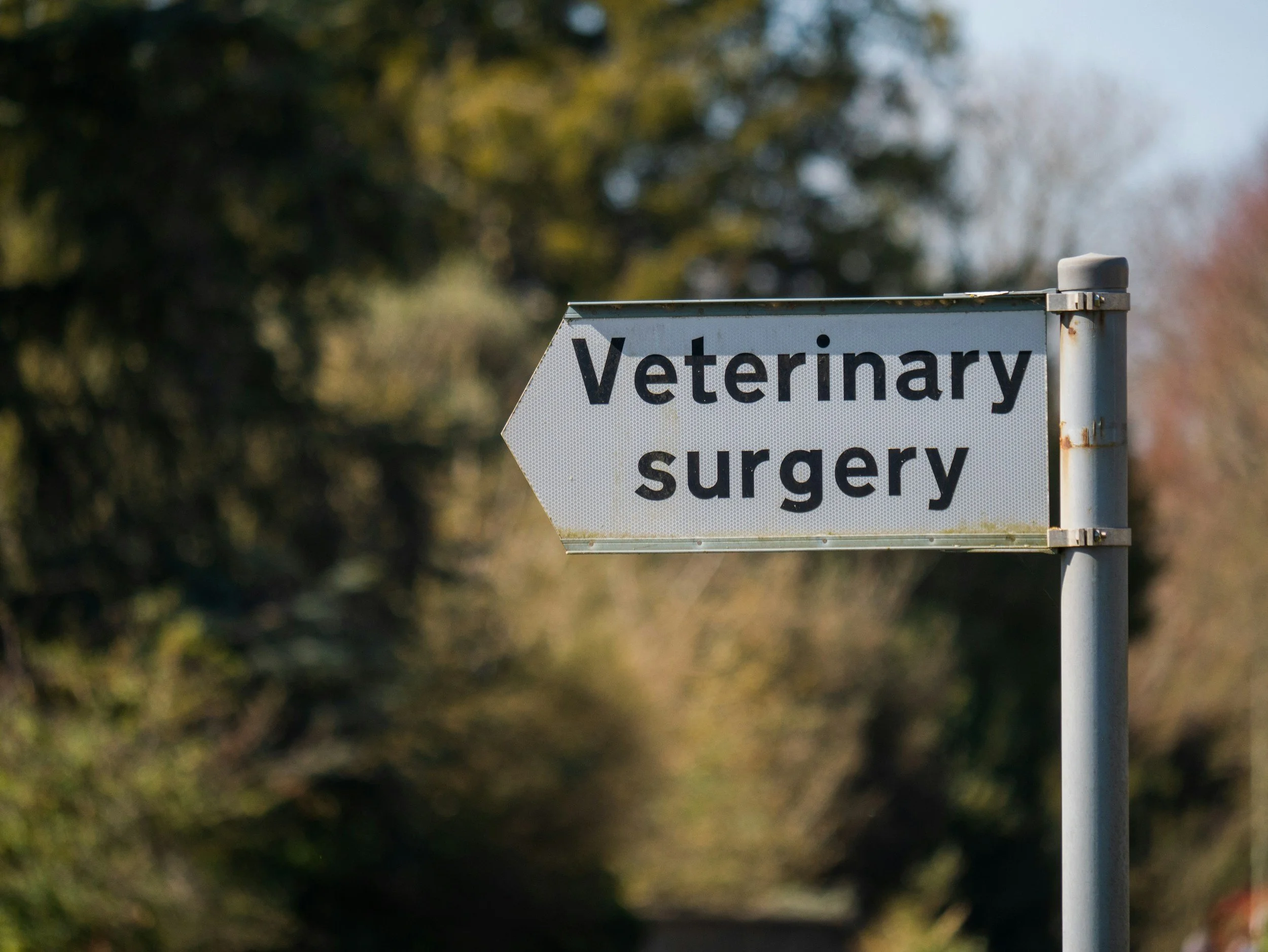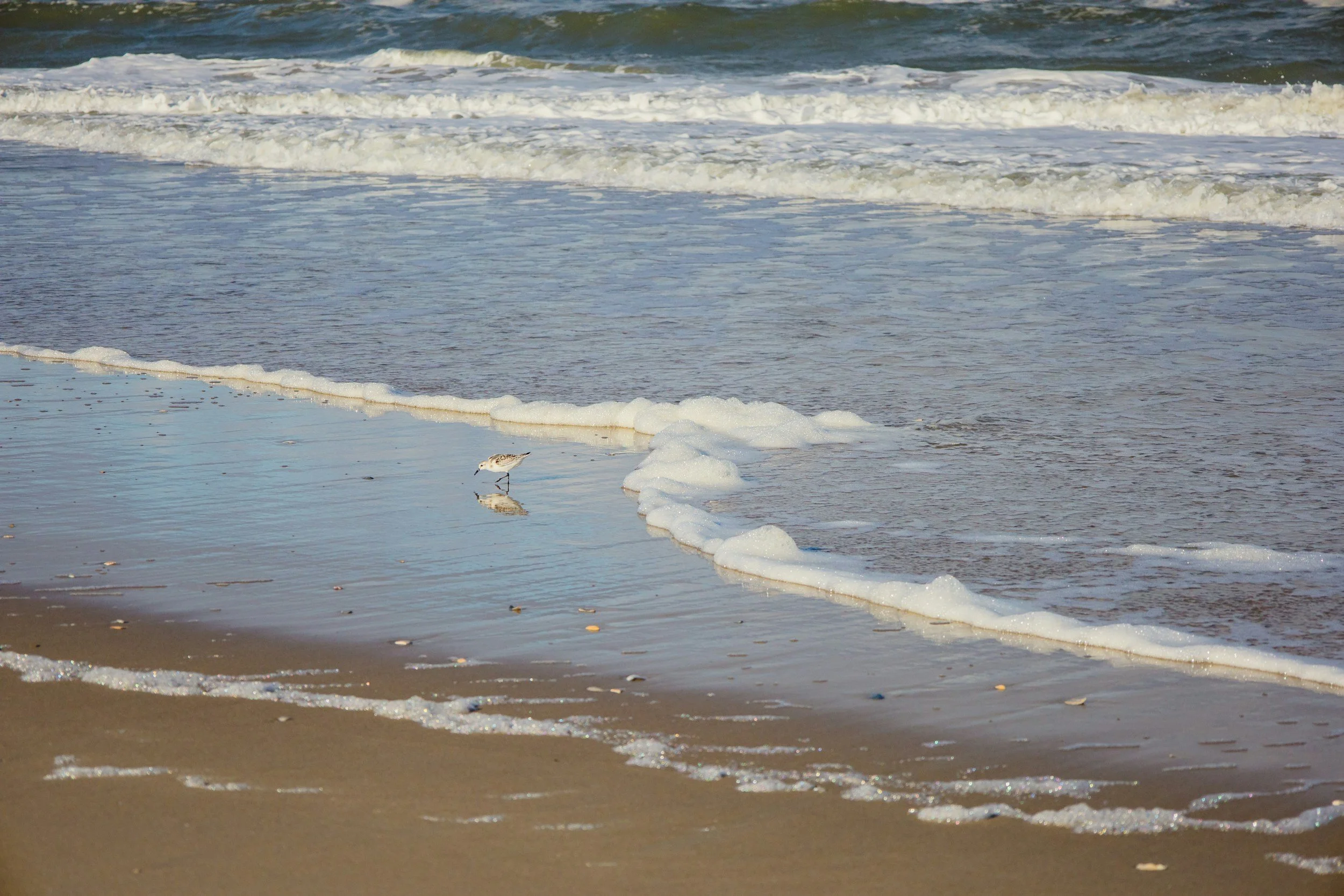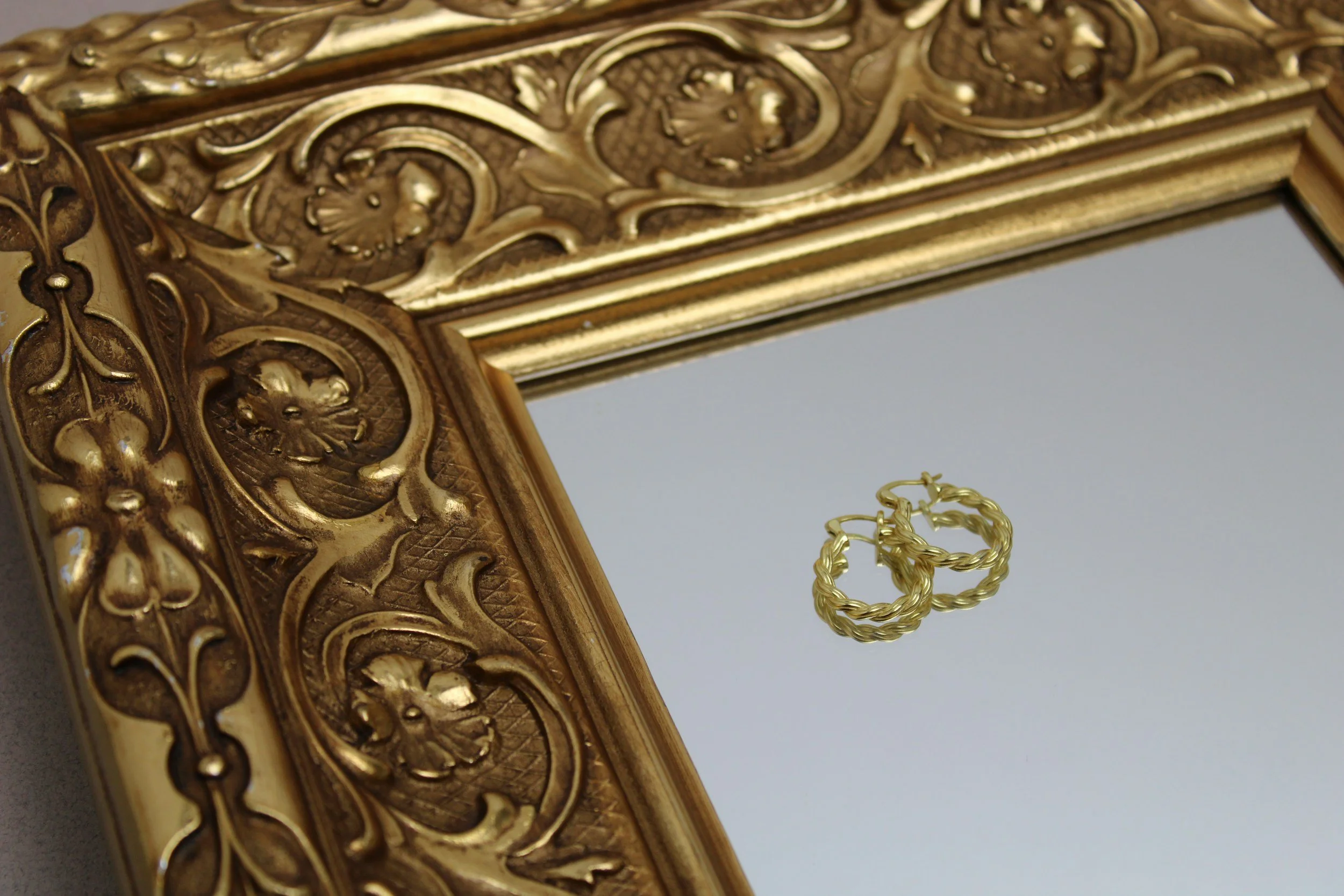Friendship Lost—And Found
I leapt from the car, Bible in hand, and burst through the door of the West Chicago Baptist church.
“Slow down,” my mother shouted, as I descended the stairs to my Sunday School classroom and flung open the door. I didn’t care about the message for the day, but I couldn’t wait to see my best friend, Judy Wesman.
She looked up as I entered and motioned for me to sit next to her. I plopped down on the cold metal folding chair and leaned toward her.
“Sorry, my brother always makes us late.”
“I know, my sister’s the same way.”
We giggled until the teacher gave us the raised eyebrow.
Judy lived across town and went to a different school so we only got to see each other on Sundays. She had a broad face framed by a batch of tightly wired curls, steel blue eyes, and a welcoming smile. She was congenial, cooperative, and eager to please. Her house was filled with girly toys like doll houses, tea sets, Mr. Potato Head and card games like Go Fish—activities that would never get you dirty or mess up your hair. My face was narrower with bangs that barely graced my forehead. My temperament was more fiery, irreverent, and argumentative. My preferred activities included baseball, football, tag and tree climbing.
When we were at her house we’d escape out the side door and take the stone pathway through her backyard to our special place behind the garage where we shared our secrets.
One day I confided in Judy. “I’m afraid my dad’s visual impairment was really my fault.”
Judy stared back, her eyes wide.
“Oh, no, Carol. It’s not your fault. You didn’t do anything.”
“What if God is punishing me because I did something and he’s hurting my dad to get even?”
Tears trickled over the rim of my eyes and Judy put her arm around me.
“God isn’t like that. It could never be your fault. You’re just a kid.”
She made me feel safe because she never made fun of me when I felt sad or scared.
When we weren't behind the garage trading secrets, we made popcorn in an iron skillet or roller skated on the sidewalk out front. In winter, we’d glide on the ice rink her dad built in their backyard.
The first noticeable change in our friendship occurred the summer we went to Bible camp when we were fifteen. On the designated day, all the campers gathered in front of the church and waited for the big yellow bus to pull around and pick us up. Just before it turned the corner, Billy slid up next to Judy and said something in her ear. As we climbed up the steps to find our seats, she looked over her shoulder and whispered in an excited voice, “Billy asked me to sit with him on the bus.”
Her eyes lit up, and it was clear I was supposed to be happy for her, but I wasn’t.
“Oh, cool,” I managed to reply but everything in my body didn’t think it was cool at all. I wanted this week to be about our time together—without some boy butting in and ruining it.
That was the beginning of a slow drifting apart. Judy was focused on dating guys while I was going on a diet with my mother. We spent less time at each other’s houses and soon, the guys could drive cars and take her on real dates so there was little time left for us.
While Judy was fixated on boys, I began to have butterflies in my stomach hanging out with a new girl on my softball team named Gina. She was five feet, ten inches tall with dyed blonde hair she wore in a French twist. Always dressed in pressed shorts and starched shirts with an upturned collar, she had an air of sophistication. And her Jean Nate perfume made me want to follow her around just to inhale the crisp, enticing smell.
Our favorite activity in the summer was to slather ourselves with baby oil laced with iodine and lie out in the sun on the picnic tables at Oshea park. One day, as we prepared for our ritual sunbath, she pulled out a package of Pall Malls from her shorts pocket.
“Want one?” she asked.
“Where’d you get those?” I asked, my mouth gaping open. My mother would kill me if she knew I’d even touched a cigarette.
“I got them out of my mom’s carton. She won’t miss them.”
“Really?” I said, my eyes popping. I couldn’t believe she’d stolen them. I’d be grounded for life if I’d done anything like that.
“Look, It’s easy. Just inhale like you’re taking a deep breath.” She demonstrated sucking in the smoke and then blowing it out in a smooth stream. She looked so chic holding the tip of the Pall Mall between her fingers. My mother won’t find out, I convinced myself. She offered me a drag and I sucked on it like a straw, then had a coughing fit.
“You okay?” she asked with a look of concern.
“Yeah, fine,” I choked out as I gasped for one good breath. “But maybe we should keep the rest for later,”
If things had stopped at smoking, my life would have been easier, but there were these exotic feelings that drew me closer to Gina. The biggest surprise was the night I had a sleep over at her house in her big double bed upstairs. I was lying on my side in the dark when I felt her move up behind me and slip per arm around my waist and rest her fingers on my bare skin beneath my pajamas. It was then I realized how much I’d longed to touch her.
I felt like I was lying on top of a tangle of electrical wires that could short circuit any minute. Should I just lie still? Move closer? Move away? Is this what love felt like? If so, I was screwed. I was sure my parents could forgive me for having a drag on a cigarette, but this? No. They would not think this was okay. Even I didn’t think it was okay—yet I wanted more.
This was a secret I couldn’t tell anyone, not even Judy.
After graduation I enrolled at Western Michigan University and began my college career in September of 1966. Judy began her course in marriage to Joel. I was invited to the wedding but was no longer in her close circle. As she stood at the altar dressed in her sequined gown and Joel in a white tuxedo jacket, I felt the pang of loss and knew then that we’d probably never see each other again.
The reception was in the basement of the church where Judy and I had attended Sunday school. The drab surroundings were dressed up with white tablecloths, flower arrangements of pink roses and lilies along with tables filled with tea sandwiches and cheese platters. Of course, there was no alcohol available in the Baptist Church though I could have used a drink. The bride and groom sat at the head table and well-wishers paraded by to offer their congratulations.
I was in the middle of the long line to greet them and practiced what I would say. Finally, the woman in front of me moved on, and I put on a false grin to congratulate the newly married couple.
“You both look gorgeous,” I said, straining to smile. “I hope your lives together are everything you hope for.”
The words sounded hollow, like something a stranger would utter in an awkward situation where they didn’t know anyone. Today, I was that stranger. Judy reached her hand across the table and said. “Thank you so much for coming.” She smiled but the distance between us felt like the Gulf of Alaska.
I wanted to reach back and say something to her, anything that was more meaningful than the drivel I’d offered. Something like,“What happened to us? I really miss you. Did I ever tell you I’m terrified I might be gay?”
But the conveyor of people behind me kept moving and I didn’t turn around, fearful I was the only one who cared. Hot tears formed behind my eyes and I walked faster toward the exit.
I went back to college and my life of freedom. Judy stayed in Detroit and began her life as a housewife.
In September of my Junior year, I became a Resident Hall Assistant and was assigned to the freshman floor. The first day on duty, a young vibrant woman with blonde hair that fell over one eye knocked on my door. She was dressed in an oversized blue V-neck sweater and had killer blue eyes.
“Hi, I’m Nicky. Can you help me get into my room? The key doesn’t work.”
“Sure,” I said and followed her as she sauntered down the hall.
“Where you from?
“Bloomington.” She said as she looked up at me. Her eyes sparkled as she spoke and a hint of mischief crossed her face.
She moved with confidence and grace and I felt those same fluttering feelings I used to have with Gina. I’d better steer clear of her. But soon we were hanging out regularly, One night we went down to the rec room to play some games. No one was there and she spontaneously said. “Come on, I’ll wrestle you.”
“You’ll have to catch me first,” I said and dashed across the room with Nicky in quick pursuit. She grabbed me around the waist, dropped me to the floor then sat on top of me. We both started to laugh. She hovered over me and pushed my arms to the ground. In a flash, I felt the same wild draw I’d had with Gina. I wanted her to lean farther, to brush her lips across mine, to feel the force of her body press into me. I pretended to struggle to free myself, but inside I was enjoying the delicious pleasure of her closeness and the fresh smell of Irish spring on her skin.
Nicky got sick and had to leave school. We eventually lost touch when I graduated and started a teaching job in a Detroit suburb. One night my mother called with unsettling news.
“Honey, I don’t know if you heard but Neil Wesman died. I know you and Judy were always such good friends.”
“Are you sure?” I choked out the words. “Her dad was so young.”
We arrived at the funeral home that evening. Large bouquets of chrysanthemums mixed with roses, and carnations framed the casket at the end of the room. I scanned the space for Judy but couldn’t see her. Her mom, Eva, was sitting on a small sofa off to the side sobbing. I slid through the crowd of women standing around her, sat next to her and took her hand.
My mother later joined me next to Eva.
“I’m so sorry for your loss.” She said. “Neil was such a wonderful man and always so kind.
My mom looked at me and mouthed the words, “We should probably get going.”
I slipped my hand out of Eva’s and leaned toward her. “I’ll be thinking of you,”
One more check around the room and I saw Judy.
I walked quickly toward her and we hugged briefly.
“I don’t even know what to say—I’m so sorry.”
Judy nodded. “I know. It was such a shock.”
Then someone came up and took her by the arm and led her back toward her mother. My mom was waiting by the door and I walked out into the wintery night with her.
I didn’t see Judy again for almost fifty years.
My career had taken an unlikely path and I’d returned to graduate school several times, finally at age sixty-eight to get my MFA in creative nonfiction. I’d had my own consulting business for thirty-five years and wanted to write a book. I’d made peace with my love orientation and was happily married to Archer. My book, You Can’t Buy Love Like That: Growing Up Gay in the Sixties, had been published and I’d started working on another. My spiritual interests had drifted far afield of the Baptist church toward the more esoteric studies of Creation Spirituality.
Advised by others that I needed a Facebook account if I wanted to be a writer, I reluctantly signed up but only checked it every few months. One evening while making my obligatory visit to my site, I saw a private message from Nancy Wesman, Judy’s sister.
“Hi Carol. It’s Nancy. We found your book and we loved it. I’m sure Judy would enjoy hearing from you.”
I stared at the screen and reread the message several times. I couldn’t believe they’d read my book. The thought of my best Baptist childhood friend and her sister reading about how I came to terms with being gay made my stomach crackle. Would we have anything in common? Or had our different paths taken us even farther away from each other in our values, beliefs, and perspectives?
It would be a lark just to connect again, whatever happened, so I wrote back.
“Hi Nancy. So great to hear from you. I’d love to connect with Judy! Please send me her email?”
Nancy replied and I wrote a quick note to Judy. Weeks went by and I never heard from her so assumed Nancy had been mistaken about her wanting to connect. Three months later, I checked my Facebook page again and saw another message from Nancy.
“Hi Carol. My mom is at the Saint Mary’s nursing facility in Livonia. She fell and broke her leg and is recovering there. Judy is in town from South Carolina to visit. I know she’d love to hear from you.”
It seemed odd that Nancy once more said Judy would like to connect given I’d never heard back. What were the odds that I’d once again check my page and find a message from Nancy? It was 8:00 P.M. on a Sunday night. I was sure Judy had returned to South Carolina by now but why not give it a try? Maybe she’d never gotten my email. I had nothing to lose so I called St. Mary’s.
“Hello, can you please give me Eva Wesman’s room?”
My heart boomed inside my chest. Was she still there? Did I miss the chance to meet up with her? Would she recognize my voice?
“Hello.”
“Hi. Is this Nancy?”
“No, it’s Judy.”
I paused momentarily.
“Hi, Judy. It’s Carol Anderson.”
“Oh My Goodness! I’m thrilled to hear from you. I read your book. I loved it.”
Was this really happening? My Baptist best friend loved my book? Was she still a Baptist? Had she mistaken my book for one written by some other Carol Anderson?
“It’s so great to hear your voice, I can’t believe how long it’s been. Will you be in town long?”
“I’m staying a few more days.”
“I’d love to see you. Could I come and visit while you’re at St. Mary’s? It would also be great to see your mom.”
“That would be wonderful.”
I arrived next morning and started through the labyrinth of hallways to find Eva’s room. After going in circles for five minutes, I called Judy.
Then I saw a woman hurrying toward me with a huge smile on her face. I recognized her immediately and quickened my pace until we met halfway. Without a hello, we threw our arms around each other and just hugged for the longest time. The familiar warmth and love we’d always shared swirled inside this bubble.
“Oh, my God, I can’t believe it’s you!” I said, standing back and looking at Judy’s face.
“It’s been almost fifty years.”
We leaned in and hugged once more before walking back to Eva’s room arm in arm, talking the whole way.
Soon it was time for physical therapy and Judy and I escorted her mom in a wheelchair down to the exercise room. While a therapist worked with Eva, Judy and I sat on the sidelines and talked nonstop. I learned that she’d left the church when her dad died because of the lack of compassion the preacher offered at her father’s service. She’d divorced Joel and had remarried twice. I also learned that Nancy had given me the wrong email, which is why Judy hadn’t responded.
Standing in the parking lot by my car, it was clear we both were reluctant to part—there was still so much to learn. We decided I’d visit her in South Carolina the next month.
“I can’t wait to continue this. It’s such a miracle that we found each other again,”
“I know and I’m so sorry I never knew about your struggle of being gay. I so wish I had been there for you.”
I wish I could have been there for you too through your divorce and other of life’s struggles.”
As I drove away, I felt the joy that comes from finding something precious that had been lost decades ago and wondered what had first drawn us together. What had sparked that special-ness as we sat on those cold metal chairs in Sunday school and shared our deepest secrets behind her garage? And what, after fifty years, enabled it to shine through once more? Perhaps it was the universe reminding us that our job on earth is to grow and that love can outlast time, distance, and differences.
-Carol E. Anderson
Carol E. Anderson is a life coach and former organizational consultant whose passions are women’s empowerment and travel photography. She is the founder of Rebellious Dreamers, a twenty-five-year strong non-profit organization that has helped women over 35 realize dreams they’d deferred. Carol holds a doctorate in spiritual studies, and master's degrees in organizational development, and creative nonfiction. She is the author of the award-winning memoir, You Can’t Buy Love Like That: Growing Up Gay in the Sixties. She lives with the love of her life and their sassy pup in a nature sanctuary in Ann Arbor, MI.





























